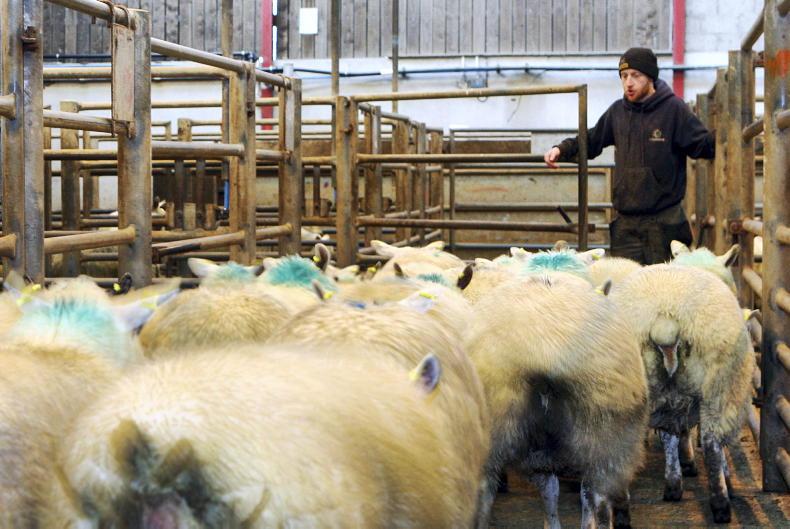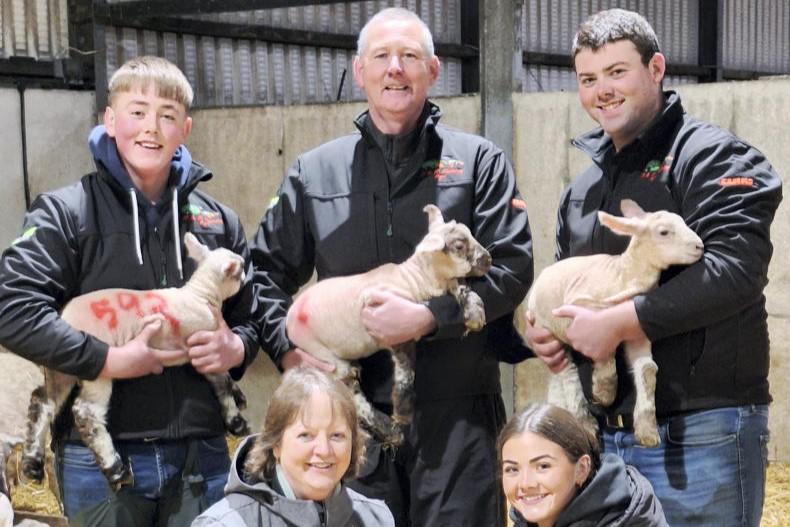There has been no decision made on whether DAERA will withdraw from a surveillance scheme for maedi visna (MV) in sheep, a department spokesperson has confirmed.
On enquiry, the spokesperson acknowledged that DAERA is “currently reviewing its MV strategy” in light of statutory obligations and resource pressures. However, different options are still being considered.
“Stakeholders will be informed in due course of any changes and the associated timelines to allow sufficient time to prepare,” said the spokesperson, who also pointed out that DAERA has no legal obligation to implement MV control measures in NI.
Cost
Since 2022, the average annual cost of testing for MV as part of the current surveillance and tracing programme in NI is £219, 903. That cost does not include compensation, staff time, etc.
Where an animal is slaughtered due to being infected with MV, the owner currently receives 50% of its value in compensation.
Other sheep slaughtered as part of MV control on a farm are compensated at 100% of value on the day of removal.
Restricted
The DAERA spokesperson also confirmed that currently there are eight flocks restricted in NI for MV control reasons.
These flocks can only sell sheep for direct slaughter in NI or the Republic of Ireland.
However, they can move sheep to Britain (as it isn’t MV-free), provided the animals are not individually restricted.
Meanwhile, in an answer to a written question from Michelle McIlveen MLA, Agriculture Minister Andrew Muir confirmed that no impact assessment has been undertaken on the potential cessation of testing for MV.
“We are aware the main impact would likely be on pedigree owners accessing pedigree shows and sales in other countries,” said the Minister.
He added that an MV accreditation scheme in NI can provide the necessary evidence of freedom at flock level, which ultimately would mean breeders could access MV-free shows and sales in Britain and mainland Europe.
See page 9










SHARING OPTIONS